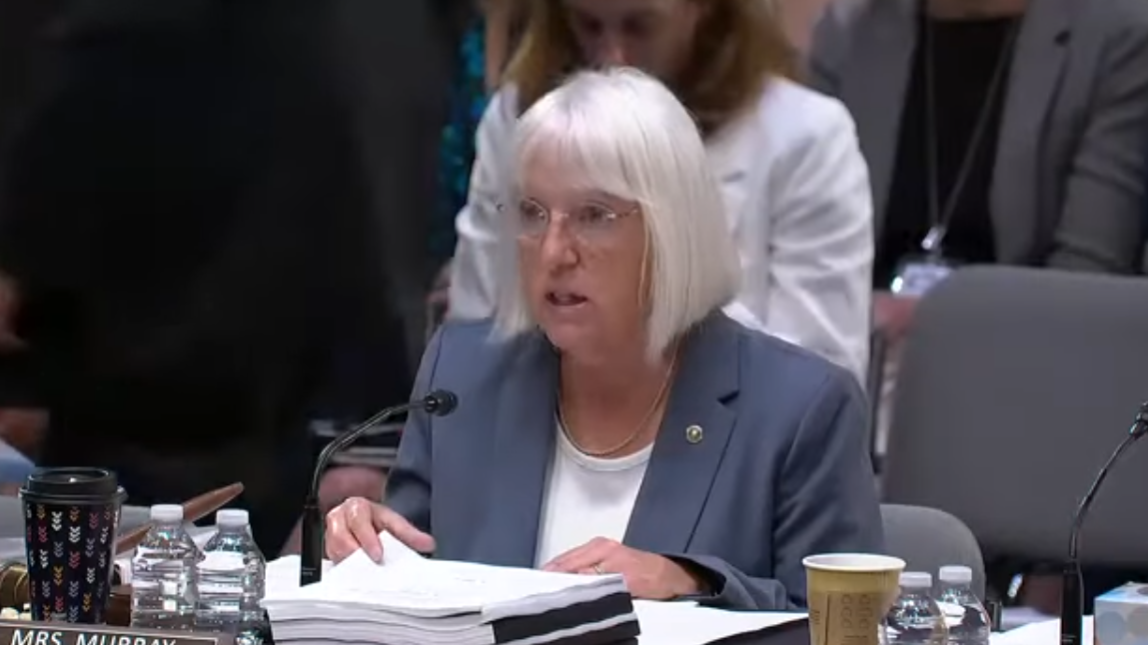
The Department of Energy’s Office of Nuclear Energy would get roughly the $1.6 billion the White House requested for it in fiscal year 2024, if a bill approved this week by the Senate Appropriations Committee becomes law.
The full committee approved the bill…